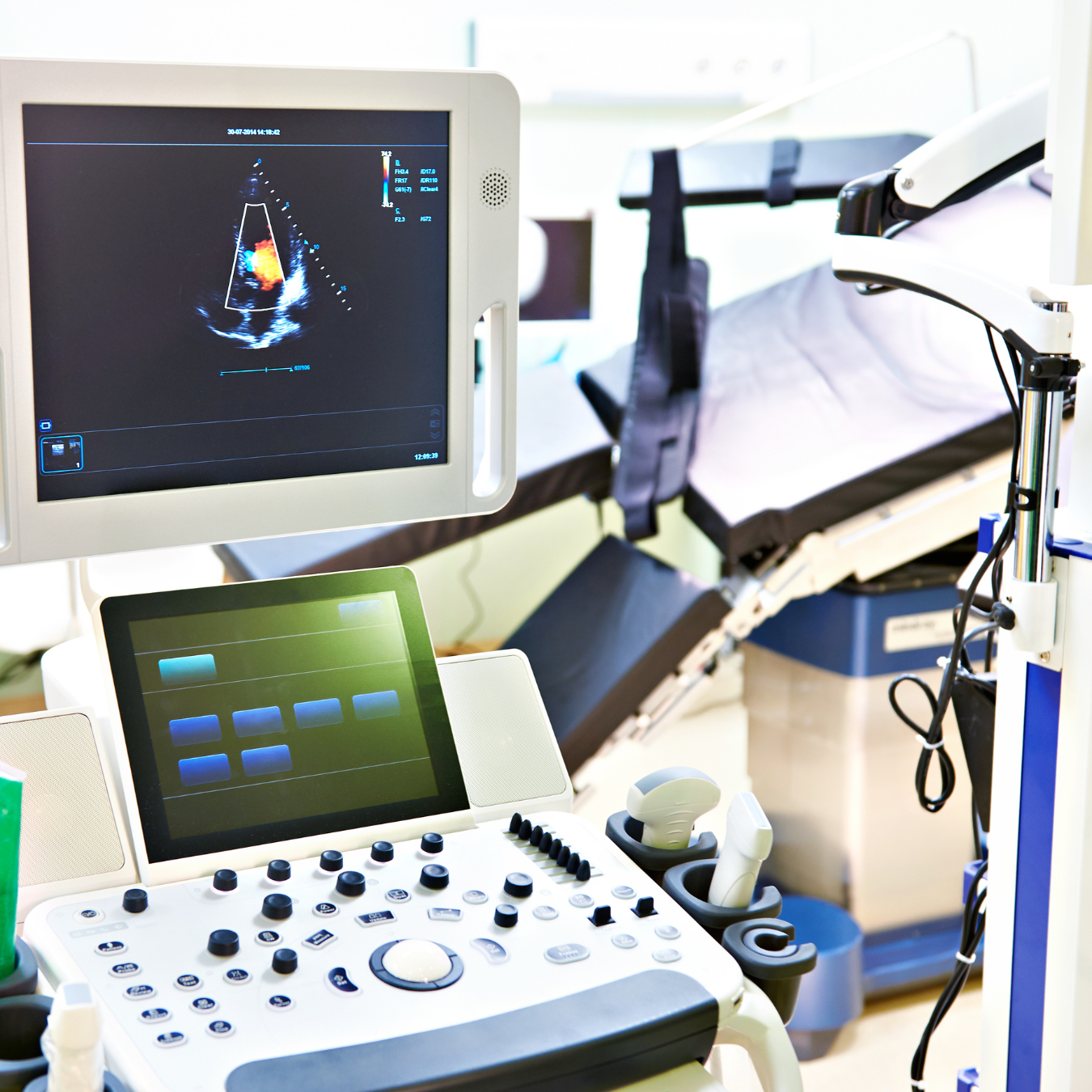
Customer We Serve
Our Customers
Healthcare Providers
Healthcare providers deliver essential medical services, ensuring patients receive the care they need. They work in hospitals, clinics, and other settings to improve health outcomes.

Healthcare Payors
Healthcare payors manage the financial aspects of healthcare. They include insurance companies and government programs that cover the cost of medical services for patients.

Healthcare Pharmacy
Pharmacies play a crucial role in healthcare by dispensing medications, offering health advice, and providing immunizations. They ensure patients use medications safely and effectively.

Healthcare Medical Devices
The medical devices sector develops and manufactures equipment used in diagnosis, treatment, and monitoring of health conditions. These innovations enhance patient care and outcomes.

Healthcare Asset Management
Healthcare asset management involves managing facilities, equipment, and resources efficiently. It ensures the healthcare infrastructure is well-maintained and operates smoothly.

Healthcare Clinical Labs
Clinical labs conduct tests on samples to diagnose diseases and monitor health. They provide critical data that helps healthcare providers make informed treatment decisions.

Healthcare Life Sciences
The life sciences field focuses on research and development in biology and medicine. It includes biotechnology and pharmaceuticals, advancing medical knowledge and treatments.

Healthcare Policy and Governance
Policy and governance professionals shape healthcare regulations and policies. They work to ensure healthcare systems are effective, equitable, and sustainable for all.

Management Consulting
Management consultants in healthcare provide strategic advice to improve efficiency, operations, and patient care. They help organizations navigate complex challenges and drive innovation.

Healthcare Technology and Digital Transformation
This sector focuses on integrating digital tools and technologies to improve healthcare delivery. Innovations include electronic health records, telemedicine, and health informatics.

